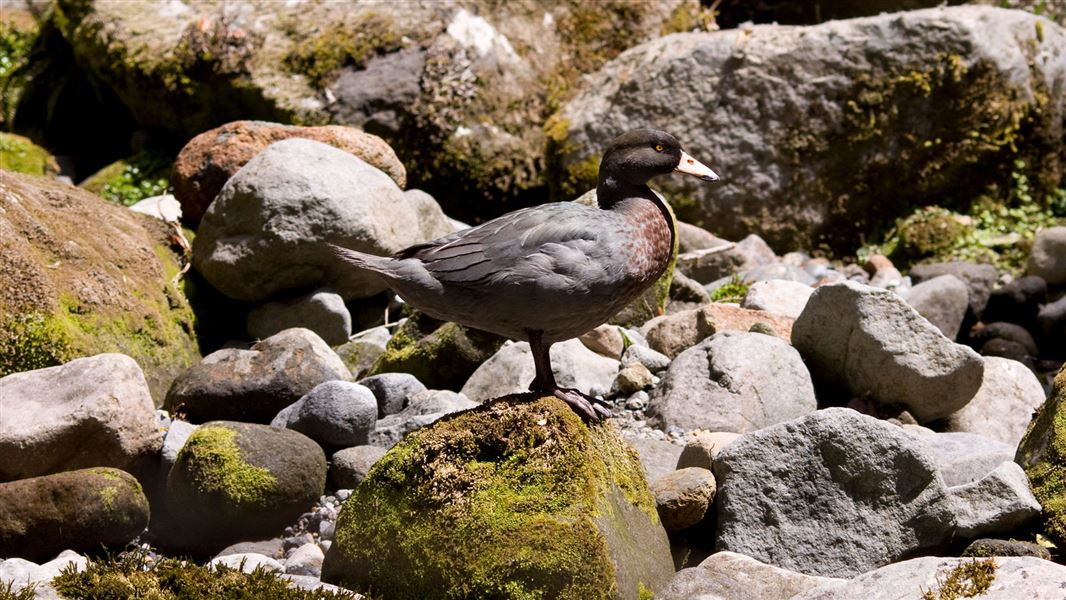Archived content: This media release was accurate on the date of publication.
Date: 10 December 2020 Source: Office of the Minister of Conservation
The aerial micro-trap, which will be co-funded and designed by conservation technology company Goodnature, stands to be a game-changer in predator control.
“Traps are an important predator control tool, but current technology limits the use of traps in the backcountry or over large areas, due to their costs and servicing needs,” Kiri Allan said.
“The aerial micro-trap is a new concept that is non-toxic and humane, and potentially cost-effective for suppressing rats over large areas and in remote and difficult to access locations.
“Each year millions of our native taonga – birds, bats, lizards, frogs and insects – get killed by rats. We need to innovate to create new tools and transform our ability to remove predators to enable Papatūānuku and our native species to thrive.”
The shuttle-cock-sized trap, still at concept stage, would be dropped by helicopter or drone to target ship and Norway rats across the landscape. After single use, it would then biodegrade into the environment.
Goodnature will design, build, and test a prototype for the micro-trap, in collaboration with DOC. Following this process, the trap would be produced and sold by the company.
Government funding of $1.3 million over five years for the development of the micro-trap will come from DOC’s Tools to Market programme ($965,000) and Predator Free 2050 Ltd’s Products to Projects fund ($335,000), backed by the Provincial Growth Fund. Goodnature will also significantly invest in the project.
The micro-trap joins two other projects funded through the Tools to Market programme earlier this year—a specially designed drone to apply cereal baits for predator control and a long-life lure targeting rats, mustelids, possums, and feral cats.
“It is exciting to be supporting the research sector and innovative companies like Goodnature to develop ground-breaking technology which can then be used to restore nature through the mahi of numerous organisations, groups, iwi and hapū,” Kiri Allan said.
Background information
The Tools to Market programme invests in the development of smarter, safer and more effective predator control tools and technology to help achieve Predator Free 2050 goals.
Seven other projects have been funded through Tools to Market since 2017 and are in development including a long-life rat lure, now at a commercial phase, and an automatic pest detection device (PAWS®).
Predator Free 2050 Limited established Products to Projects in early 2019 with an initial $6.5 million investment supported by the Provincial Growth Fund.
Predator Free 2050 is an ambitious goal to rid Aotearoa of the most damaging introduced predators (rats, possums and mustelids) that threaten our nation’s native taonga, our economy and primary sector.
Contact
For media enquiries contact:
Email: media@doc.govt.nz
